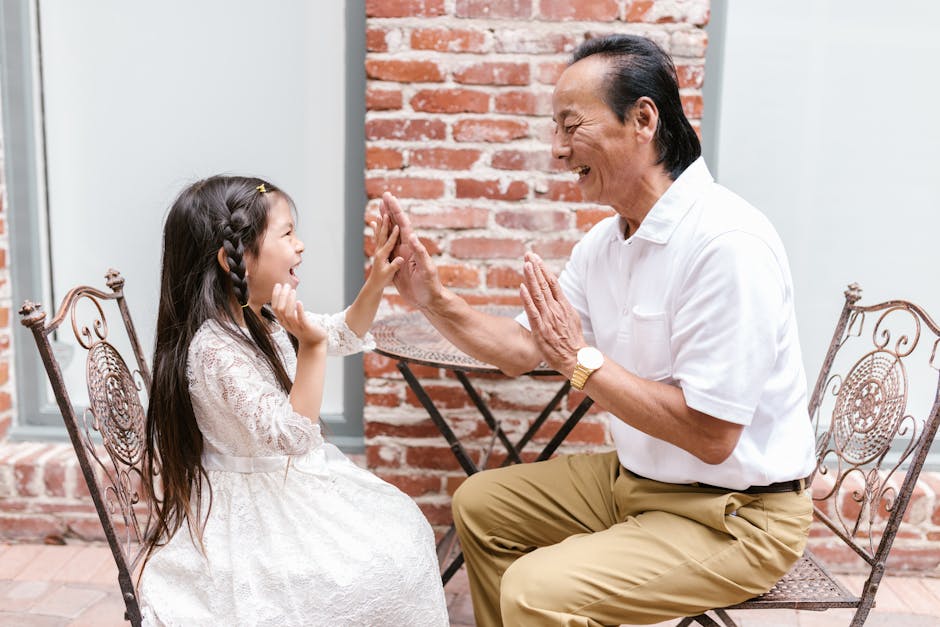The concept of family has always been fluid, adapting to societal shifts, economic pressures, and evolving values. What constituted a family in ancient societies differs significantly from contemporary understandings. This dynamic nature raises questions about the core elements of family and whether the very definition has changed over time, and perhaps, if it should. Examining historical contexts and current trends reveals a complex tapestry of shifting expectations and evolving structures.
In many traditional societies, family was fundamentally linked to lineage and economic necessity. Extended families, often encompassing grandparents, aunts, uncles, and cousins, were common. Children often assisted in family businesses or agricultural labor, reinforcing the interdependence inherent in these structures. Roles were clearly defined, with significant respect for elders and a strong emphasis on familial duty. Marriage was predominantly viewed as a social and economic contract, with the primary purpose of forming a family unit to carry on the lineage and ensure mutual support. This traditional model was deeply rooted in cultural norms and religious beliefs, defining the parameters of acceptable family life.
Moving into the industrial era, significant changes began to surface. Urbanization and industrialization led to geographical separation between family members, impacting extended family structures. Nuclear families, consisting of parents and their children, became more prevalent. This shift was partly driven by economic factors, as smaller family units could better adapt to the changing demands of urban life. New opportunities emerged for individual autonomy and aspirations, challenging the traditional model’s emphasis on collective responsibility. While the nuclear family gained prominence, it wasn’t uniformly experienced, varying by social class and economic circumstances. Furthermore, this transition wasn’t without its consequences; a sense of isolation and diminished support systems could arise.
The 20th and 21st centuries have witnessed even more profound transformations in the understanding of family. The rise of feminism, advancements in reproductive technologies, and increased social acceptance of diverse lifestyles have all contributed to a more nuanced understanding of the family unit. Single-parent households have become more common, reflecting the reality of divorced or widowed parents. A significant shift in societal acceptance has led to the growing prominence of chosen family, in which bonds of friendship and mutual support take on familial significance.
Contemporary definitions of family often encompass diverse and complex arrangements. Same-sex couple families, blended families formed through remarriage, and families formed through adoption and fostering are now all recognised, albeit not universally embraced across all cultures and societies. This broadening concept acknowledges that family structures are not solely defined by biological ties, but also by emotional bonds and shared experiences. The role of technology in fostering connections between geographically dispersed family members, or in fostering support within a chosen family, represents an entirely new element shaping family dynamics. Furthermore, a greater focus on individual needs and personal fulfillment within the framework of family has emerged. For instance, the importance of open communication, emotional support, and shared values has gained more prominence.
While the definition of family has broadened to include various structures, it is not without its challenges. Societal norms and expectations haven’t always kept pace with these transformations. The pressure to conform to traditional models of family life can negatively affect individuals and families navigating alternative structures. The economic implications of single-parent households or other non-traditional family structures still pose challenges. Understanding the nuances of supporting diverse families across a range of cultures and communities remains paramount.
Moreover, issues of equality and social justice within the varied family structures require thoughtful consideration. Questions of access to resources, support services, and legal protections for all family types are critical components of ensuring fair treatment. The responsibility of society to facilitate supportive environments for all family forms, regardless of their structure, is essential for fostering healthy and equitable communities. Understanding that families vary across different societies and cultures, and tailoring support mechanisms accordingly, is crucial.
Ultimately, the ongoing evolution of family definitions reflects a broader societal transformation. As societal values evolve, economic circumstances change, and technology advances, the definition of family continues to adjust. Acknowledging this dynamic nature of family is essential to navigating the complexities of contemporary life. A key consideration is the importance of understanding and supporting individuals and families navigating these changes, ensuring they have the necessary resources and acceptance to thrive. The definition of family is not static; it is a reflection of our ever-changing world. This dynamic understanding, recognizing the multitude of forms and functions within family structures, can foster greater inclusivity, understanding, and support within our communities.
